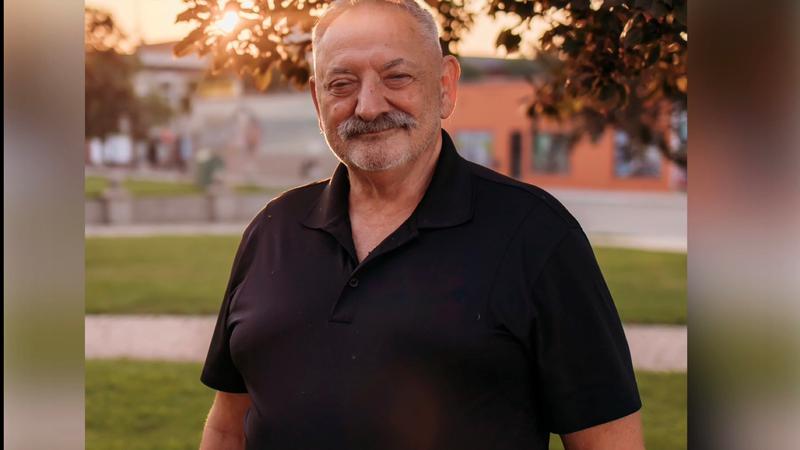
20 years for man behind hoax call that led to fatal shooting
WICHITA, Kan. — A California man was sentenced Friday to 20 years in prison for making bogus emergency calls to authorities across the U.S., including one that led police to fatally shoot a Kansas man following a dispute between two online players over a $1.50 bet in the Call of Duty: WWII video game.
U.S. District Judge Eric Melgren sentenced Tyler R. Barriss, 26, under a deal in which he pleaded guilty in November to a total of 51 federal charges related to fake calls and threats. The plea agreement called for a sentence of at least 20 years — well over the 10 years recommended under sentencing guidelines. Prosecutors believe it is the longest prison sentence ever imposed for the practice of “swatting,” a form of retaliation in which someone reports a false emergency to get authorities, particularly a SWAT team, to descend on an address.
Melgren said the case went into “uncharted legal territory,” that the law has not caught up with technology and the charges didn’t address the severity of what happened.


